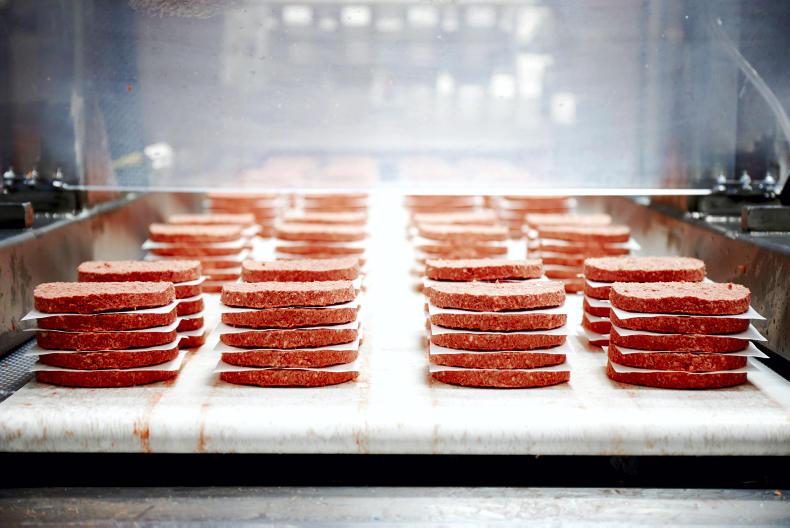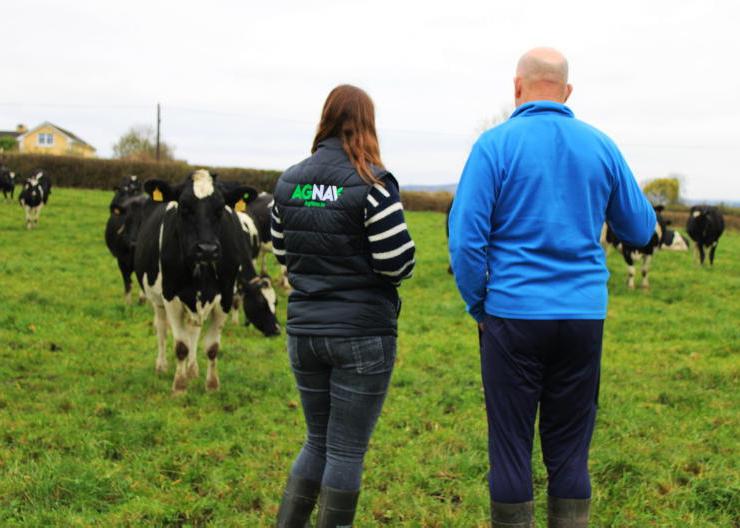For the second time in just over a month, the United Nations (UN) has been heavily criticised for its messaging on animal agriculture and climate change. This week, the UN’s Climate Change division published a video on its Twitter social media account promoting the Impossible Burger, which is a plant-based alternative to traditional beef burgers.
The UN’s Climate Change division published the video after it announced Impossible Foods, the company that manufactures the plant-based Impossible Burger, was one of its 2019 Global Climate Action award winners.
The UN’s official Twitter account posted a claim that the global meat industry was responsible for more GHG emissions that the world’s biggest oil companies
However, farmers and food scientists have heavily criticised the UN claiming the video amounts to little more than propaganda for ultra-processed junk food and vested interests.
Frederic Leroy, a food scientist from Brussels University, hit out at the UN saying its promotion of Impossible Foods was “shameful propaganda” that reads like a commercial for ultra-processed junk food.
There we go again?????This is shameful propaganda, pushing ultraprocessed junk & applauded by vested interests. To understand WHY this is WRONG & why a UN account is launching this toxic tweet, read our paper (especially part on the Great Food Transformation) https://t.co/Cr8xe2Le5R https://t.co/RiZtFgxWXU
— Frédéric Leroy (@fleroy1974) August 25, 2020
Artificial food
Gareth Wyn Jones, a well-known sheep and beef farmer from Wales, said it was upsetting to see a global organisation like the UN promoting an artificial food company instead of supporting sustainable food producing farmers.
“How can a multinational organisation [like the UN] share a story about an artificial food company? Why is the UN not sharing the story of small family farms, of indigenous people, that are trying to make a living? You’re forcing these farmers out of business,” said Wyn Jones in a video he posted to social media.
Can I ask you to RT my little video maybe the #UN will give us family farms an advert . https://t.co/4Bealw1PEM pic.twitter.com/p9RUc1PTFW
— Gareth Wyn Jones (@1GarethWynJones) August 26, 2020
Controversy
This is the second time in just over a month that the UN has become embroiled in controversy and criticised over its stance on climate change and livestock. In July, the US was forced to delete a social media post where it claimed meat was responsible for more greenhouse gas (GHG) emissions than the world’s largest oil companies following intense criticism from climate scientists, farmers and even some of its own staff.
The UN’s official Twitter account posted a claim that the global meat industry was responsible for more GHG emissions that the world’s biggest oil companies. The post also encouraged people to eat less meat as a means to reduce harmful climate emissions.
Reckless
Prof Frank Mitloehner, an air quality scientist at UC Davis in California, called the UN’s social media post as "reckless" and a "stunt" that was giving major oil companies a free pass when it comes to tackling climate change.

“This stunt is part of a UN campaign, no less. One that calls for individual action on climate change, but intentionally ignores the true impact of Big Oil (fossil fuels) on the climate. This type of careless rhetoric puts us at risk of leaving a warmer planet behind,” said Mitloehner.
Michael Mann, one of the world’s leading climate scientists based out of Penn State in the US, said the claim made by the UN was not true by any defensible means of accounting for climate emissions.
THREAD: To throw blame on animal agriculture for the planet’s climate crisis, while essentially giving Big Oil a pass is RECKLESS. It not only ignores science, but distracts from real solutions. As you can imagine, I have a lot to say about this. https://t.co/Qt9pHW7wkn 1/
— Frank Mitloehner (@GHGGuru) July 27, 2020










SHARING OPTIONS